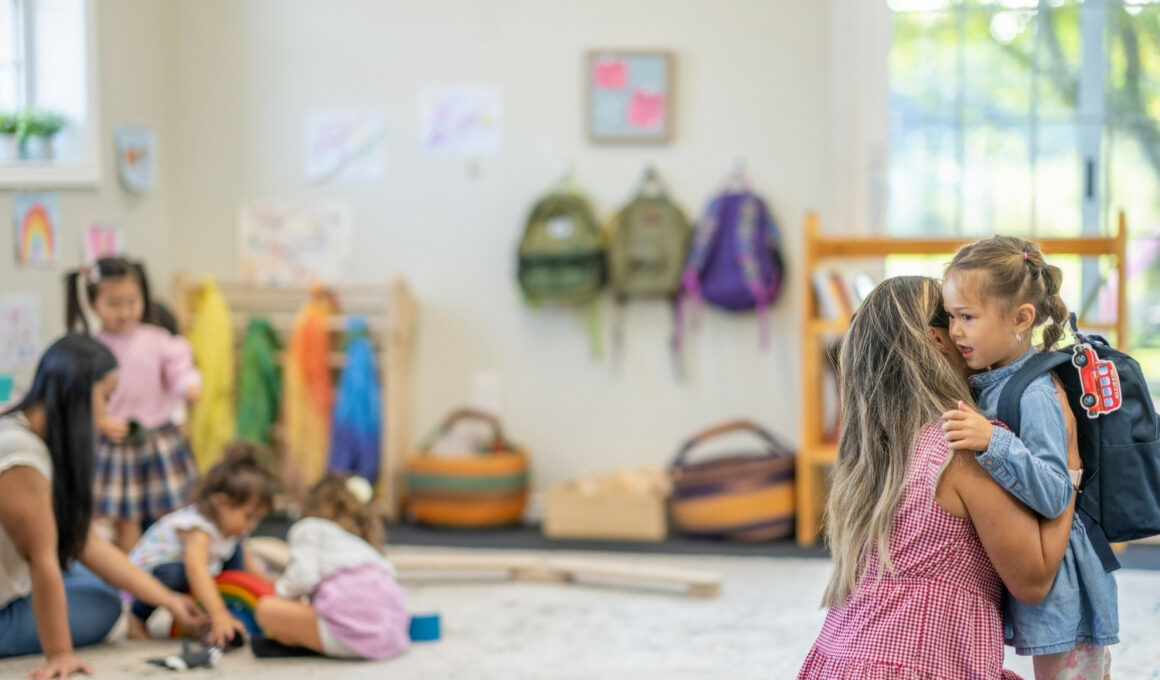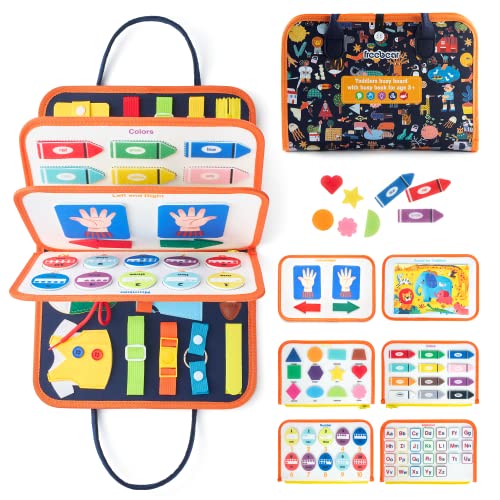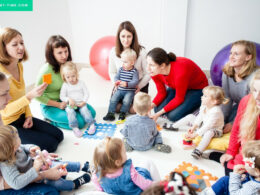In This Article Show
As a mum of three, I’ve navigated the rollercoaster of emotions that comes with sending a child off to daycare for the first time. Believe me, it’s a journey filled with both anticipation and apprehension, not just for our little ones but for us parents too.
In this post, we’re going to explore 10 proven strategies that can help ease the tension of that all-important first day at daycare for both you and your child. These strategies aren’t just theories; they’re practical, tried-and-tested approaches that have worked for countless families, including mine.
Whether it’s establishing comforting morning routines or building a rapport with the daycare staff, each step plays a pivotal role in turning those nervous butterflies into excitement and confidence.
10 Proven Strategies for Easing First-Day Daycare Jitters
The goal here is not just to survive that first drop-off, but to set the stage for a positive, enriching daycare experience for your child and a worry-free, reassuring experience for you. So, let’s get started on this journey together, and help make your child’s introduction to daycare a seamless and joyful one.
1. Familiarization with the Daycare
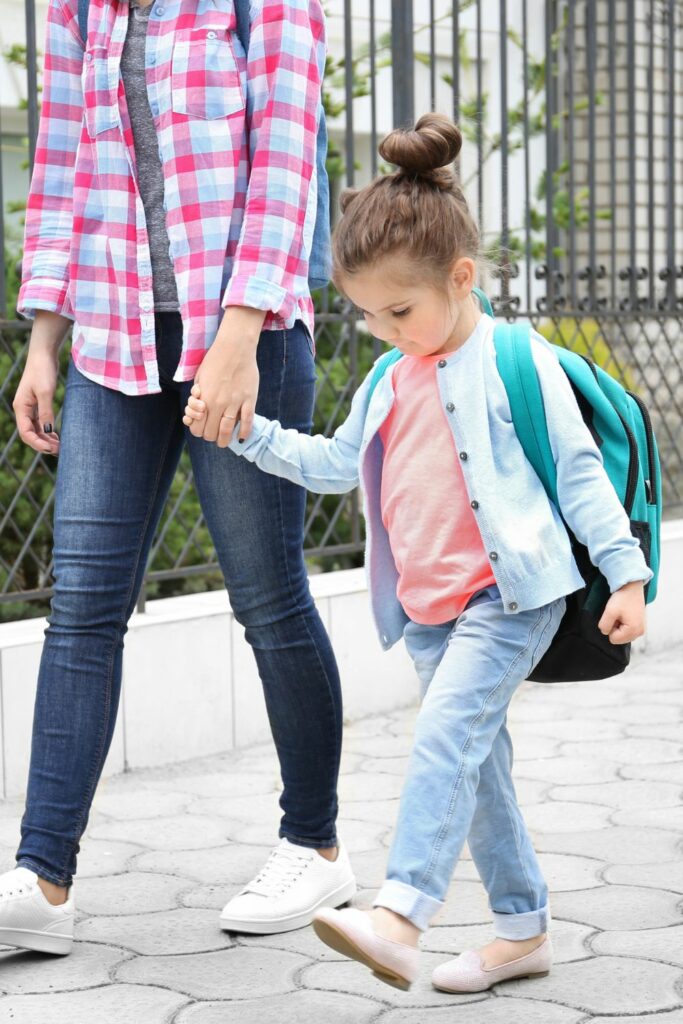
One of the most effective ways to ease those first-day jitters for both you and your little one is to familiarize yourselves with the daycare environment ahead of time. This initial introduction can transform a place of uncertainty into one of comfort and excitement.
Scheduling a visit to the daycare before the official start date can make a world of difference. It’s an opportunity for your child to see where they’ll be spending their days, meet some of the caregivers, and maybe even make a friend or two.
Great deals to snatch for your little ones 🎉
For you, it’s a chance to see the setting in action, understand the safety measures in place, and get a real feel for the daycare’s atmosphere. These visits help to demystify the experience for both of you and can significantly reduce anxiety.
2. Establishing a Morning Routine
Embarking on the daycare journey isn’t just about the time spent at the facility; it also involves preparing for each day with a consistent morning routine. A well-established morning routine is pivotal in setting the tone for a stress-free and positive day, both for you and your child.
Consistency is key when it comes to easing anxiety and building confidence. A predictable morning routine provides a sense of security and stability for your child, which is especially important when they’re adjusting to a new environment like daycare.
3. Open Communication
Open communication is a cornerstone of easing your child into the daycare experience. It’s about creating a safe space where feelings are shared, understood, and respected.
Start by asking your child how they feel about going to daycare, and listen attentively to their responses. Whether they express excitement, fear, or curiosity, validate these feelings and offer reassurance. Simple phrases like “It’s okay to feel nervous” or “I’m here to help you through this” can be incredibly comforting.
4. Building Independence Skills
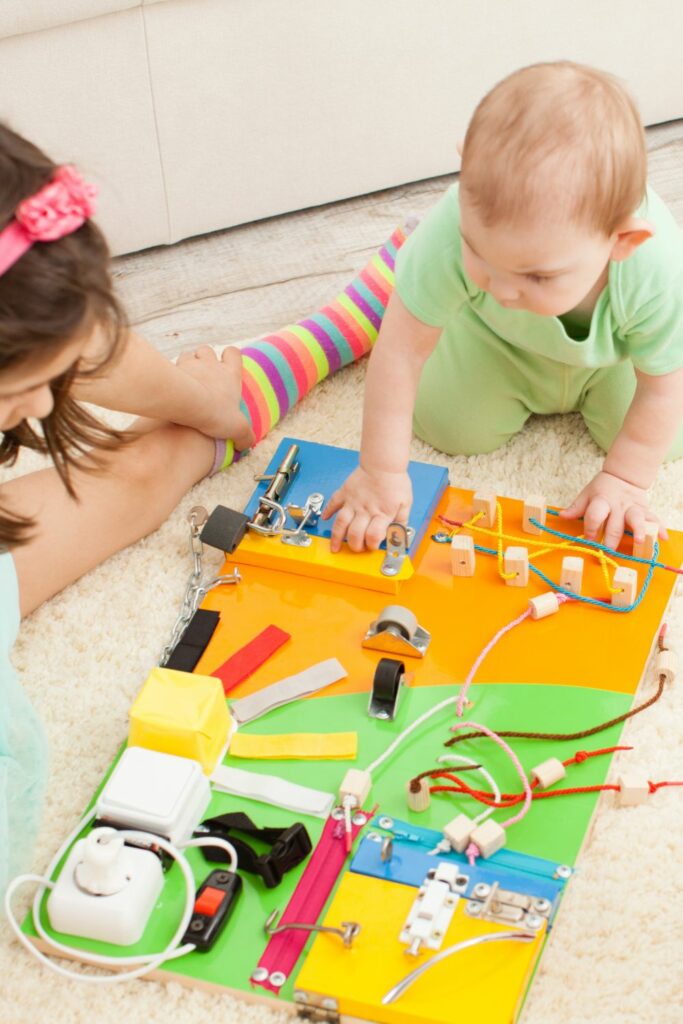
Fostering independence in your child is not just beneficial for their overall development, but it also plays a significant role in their adjustment to daycare. Here are some ways to nurture these skills at home, preparing them for the new experiences that daycare will bring.
Encourage your child to eat independently, starting with finger foods and gradually moving to utensils. This boosts their confidence and self-reliance during meal times at daycare.
Also, encourage periods of solo play. This helps your child become comfortable being independent and can ease the transition to playing independently at daycare.
5. Creating a Goodbye Ritual
A thoughtfully crafted goodbye ritual can significantly ease the separation anxiety that both you and your child might feel when it’s time to part ways at daycare. This routine not only marks the moment of departure but also offers comfort and assurance.
The key to a successful goodbye ritual lies in its consistency and positivity. It could be as simple as a special handshake, a hug followed by a high-five, or a unique saying like, “See you later, alligator!”
The idea is to make this parting moment something that your child can look forward to and rely on. This ritual signifies that while you are leaving for now, you will return, and everything is okay.
6. Packing a Comfort Object
Bringing a transitional object from home to daycare can be a great source of comfort for children, helping them feel secure and connected in a new environment. This small piece of home can ease the transition and provide a tangible sense of familiarity and safety.
A comfort object acts as a physical reminder of the security and love found at home. It can be especially helpful during moments of uncertainty or when missing home. This object serves as a coping tool, offering emotional support and helping to soothe your child in your absence.
It’s not just a toy or a blanket; it’s a bridge between the familiar and the unfamiliar, making the daycare environment feel more welcoming and less intimidating.
7. Reading Books About Daycare
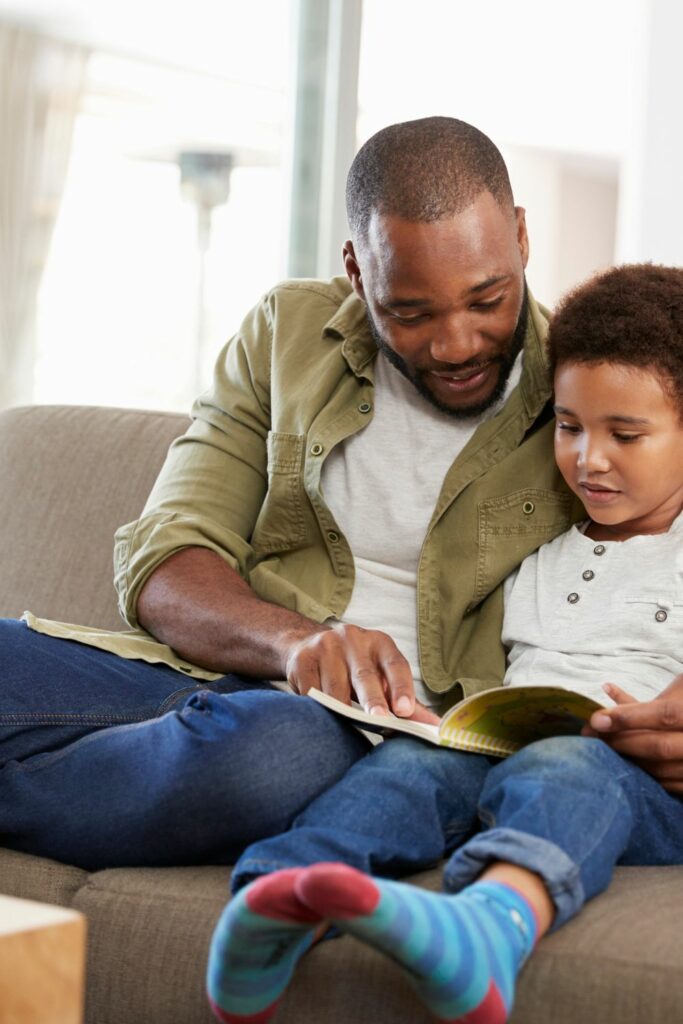
Introducing books that depict daycare positively can be an excellent way to prepare your child for their new adventure. These stories can help children visualize what daycare might be like, understand the routines, and see the fun and learning that awaits them.
Here are some book recommendations that paint a cheerful and reassuring picture of daycare experiences.
- “Llama Llama Misses Mama” by Anna Dewdney
- “Maisy Goes to Preschool” by Lucy Cousins
- “The Kissing Hand” by Audrey Penn
- “Daniel Goes to School” by Becky Friedman
- “My First Day at Nursery School” by Becky Edwards
- “Owen” by Kevin Henkes
Reading these books with your child can spark conversations about daycare, answer questions they might have, and set a positive tone for the upcoming transition.
8. Establishing a Relationship with the Caregivers
Building a strong, trusting relationship with your child’s daycare caregivers is crucial. This connection not only ensures that your child receives the best possible care but also provides you with peace of mind. Trust and open communication are the pillars of this important relationship.
Trusting the caregivers with your child’s well-being allows you to feel more at ease when you are not with your child. This trust is built through consistent, open communication and seeing positive interactions between your child and the caregiver.
9. Keeping a Positive Attitude
The attitude you project as a parent plays a monumental role in shaping your child’s perception and experience of daycare. Children are incredibly perceptive and often mirror the emotions and attitudes of their parents. Therefore, maintaining a positive outlook about daycare is essential in fostering a sense of excitement and confidence in your child.
When you speak about daycare with enthusiasm and optimism, your child is likely to adopt a similar viewpoint. Your positive attitude helps them feel secure and excited about the new adventure ahead.
Children can sense parental anxiety or apprehension. By displaying confidence in the daycare and its staff, you help alleviate any fears or worries your child might have.
10. Gradual Introduction
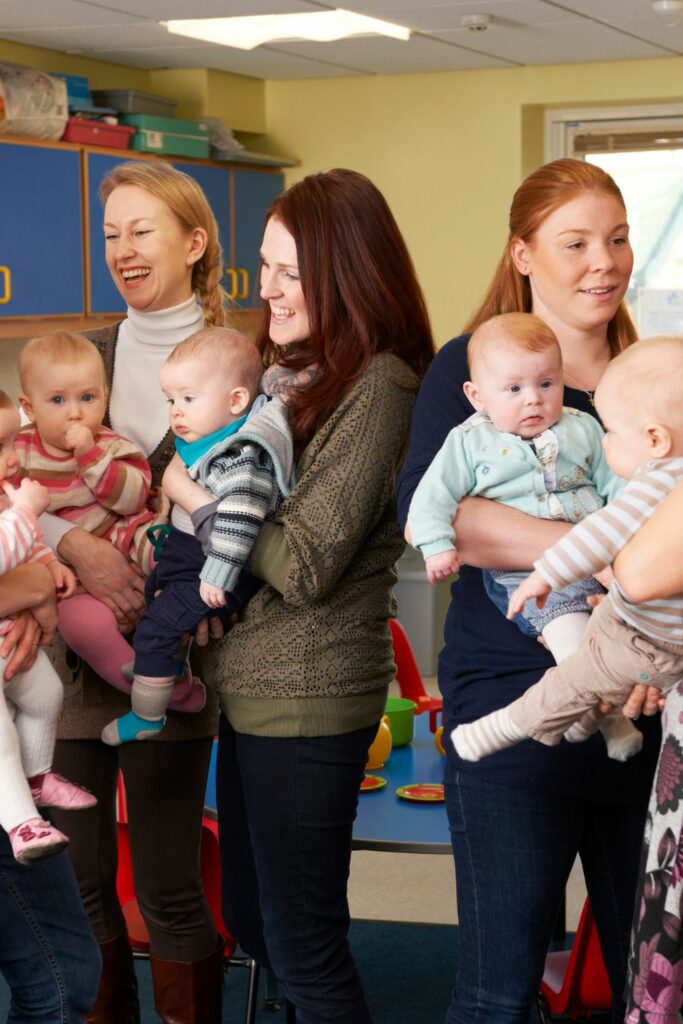
Easing your child into the daycare setting with a gradual introduction can significantly reduce stress and help both you and your child adjust more comfortably.
Begin with short, incremental visits to the daycare. This could mean a couple of hours for the first few days, gradually increasing the time as your child becomes more comfortable.
A gradual introduction to daycare can make a significant difference in the overall experience for your child. It allows them to build confidence and familiarity with the new setting at their own pace, making the transition smoother and more positive.






